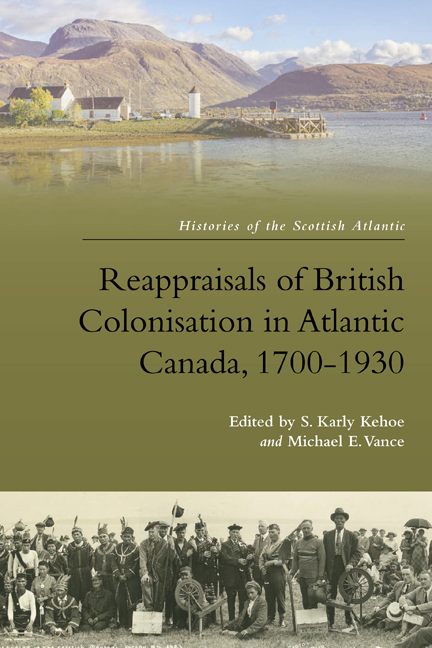1 - Colonial Legacies
Published online by Cambridge University Press: 10 October 2020
Summary
Before the end of January 2018, you could walk through Cornwallis Park, a small grass-covered square sitting about 500 metres, as the crow flies, from the Canadian Museum of Immigration at Pier 21 in Halifax's prosperous South End, and see a towering statue of Edward Cornwallis, Governor of Nova Scotia at the time of the city's founding in 1749. The statue, erected in 1931 by the Canadian National Railway as part of an effort to attract tourists to their new Nova Scotian Hotel directly adjacent to the park, was dismantled on 4 February 2018 and put in storage. While not drawing the violent white supremacist protest associated with the Civil War monuments in the United States, the prospect of the statue's removal had sparked a contentious debate. Some claimed that such removals were ‘erasing history’ whereas others, including Mi’kmaw elder Dan Paul, who had initiated the call to remove the statue, explained that the monument was an ongoing affront to Indigenous people because it stood as a reminder of Cornwallis's declared policy of extermination toward the Mi’kmaq. Halifax's city council agreed with the Mi’kmaw community and moved quickly to remove the statue, hoping to avoid any potential protest. In the end, the removal occurred peacefully as members of the Mi’kmaw community and their supporters celebrated the occasion with a traditional ceremony. The significance of this event is twofold: on the one hand, it reveals that long after the official end of Empire the legacy of British colonialism continues to reverberate throughout the city, the province, the wider Atlantic region and, indeed, Canada as a whole; on the other hand, it represents an important shift in the relationship between civic authorities and Indigenous communities.
At first glance, Cornwallis was an unlikely figure to be celebrated as the ‘founder of Halifax’. His military career was mired in controversy. Not only had he participated in the brutal suppression of the Scottish Highlands after Culloden, but he also faced accusations of misconduct for his behaviour in combat during the Seven Years War. His approach to the Mi’kmaq was brutal as his policy of confrontation resulted in bounties being placed on the scalps of Indigenous men, women and children.
- Type
- Chapter
- Information
- Publisher: Edinburgh University PressPrint publication year: 2020



